Farm-City Week was a national initiative begun in the 1950s to recognize the interdependence between rural and urban people, emphasizing the linked economies of agriculture and the industries that produced the machinery and products used by farmers to grow food and get it onto urban tables. Today many counties across Pennsylvania still host events observing Farm-City Week to bring attention to the mutual concerns of agricultural and urban communities.
Forty-five years ago, Adams County Extension Agent Thomas Piper wrote a column about the 1968 Farm-City Week for the Gettysburg Times that still resonates today. In addition to creating a better understanding of the cooperation needed for agricultural and urban industrial economies to succeed, he stressed the importance of creating an awareness of the food needs of the future, and recognizing the problems involved in supplying that food in the face of diminishing agricultural land.
Today, those same rural and urban concerns are reflected in a recently-released report about the Lehigh Valley’s Local Food Economy. Complete with lovely photos of the Lehigh Valley and success stories, the report contains thought-provoking questions to consider not just for those in Lehigh and Northampton Counties, but for all of us who live in Pennsylvania.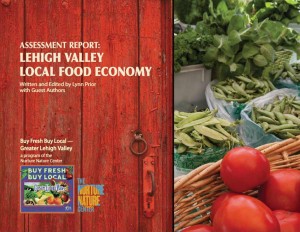
The report addresses many aspects of the Lehigh Valley’s local food economy, and identifies a number of challenges and opportunities facing the local food system. The primary challenge—the same one acknowledged 45 years ago in Piper’s article—is the loss of farmland. According to the report,
“Since 1930, the Valley has lost 80 percent of its farms and 53 percent of its farmland. . .” According to the Lehigh Valley Planning Commission, “land is being converted to housing, commercial and industrial uses at a rate of 3.5 square miles per year, and housing accounts for the majority of this land conversion. The expected arrival of 146,000 more people in the Lehigh Valley over the next twenty years will place yet more development pressure on this remaining farmland. The Planning Commission predicts that the nature of our municipalities is going to change: ten of the 17 rural municipalities will become suburban by the year 2040.”
Both Lehigh and Northampton Counties have been working to preserve farmland through conservation easements. The momentum for farmland preservation has been stronger in Northampton County: in 2012 they allocated $3.9 million for farmland preservation, the largest county contribution in Pennsylvania that year. Interest in farmland preservation remains strong, with 70 farms on the Lehigh County waiting list.
In addition to the loss of farmland to development—largely residential—the Lehigh Valley report examines other concerns and opportunities. Infrastructure needs, such as food business incubators, are explained, as well as limited access to fresh foods and conventional retail resources (grocery stores) in some specific areas of the Valley. Increased farmers’ markets, mobile markets, and urban gardening programs are identified as some ways those needs might be addressed.
Across Pennsylvania, efforts are underway to provide some of the farm and city solutions suggested in the Lehigh Valley report. Urban gardening programs are growing increasingly popular. The organization Grow Pittsburgh [www.growpittsburgh.org/ ] was approached by the mayor of Braddock in 2007 to start an urban garden, Braddock Farms, on some vacant lots between a school and a steel mill as part of a larger initiative to address the needs of the struggling town following a dramatic population loss. Braddock Farms has since doubled in size. A similar effort, Joshua Farm, has been established on a former junior high school athletic field in a Harrisburg neighborhood with limited access to fresh produce. It now operates a farm stand onsite and another in downtown Harrisburg.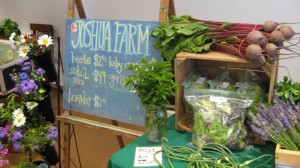
In Philadelphia, a new initiative is underway to improve the ability of residents to legally establish gardens on vacant lots. Grounded in Philly provides a website that identifies vacant city lots (over 30,000) and provides information about how community gardeners can secure access to the land.
Small business incubators are another need identified in the Lehigh Valley report. Preservation Pennsylvania recently presented an award to the Moose Exchange, in Bloomsburg. The Art Deco building was recent rehabbed to serve as a special event space and has a commercial kitchen available for local entrepreneurs to rent for producing their specialty foods. The building also hosts a community market that sells local produce, meats and dairy items.
Historic farmers’ markets such as Lancaster’s Central Market or Philadelphia’s Reading Terminal Market are tourist attractions in some places, but lesser-known markets are equally important for bringing fresh local foods to small cities. Lebanon’s market recently re-opened in the building it had occupied from 1892 until the mid-1960s.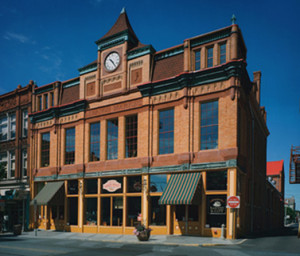
The Lehigh Valley Local Food Economy Report is the first phase in creating a Fresh Food Access Plan, intended to improve the sustainability of the Lehigh Valley local food system and increase food access for all Lehigh Valley residents. The second phase of this project involves public “Food Forums” to discuss and prioritize strategies for moving forward. The third phase will consist of compiling the information gathered during the Food Forums, and using it to guide the creation of a Fresh Food Access Plan. This Plan will present ideas and strategies for policy, system, and individual changes that can lead to a stronger local food economy to ensure the availability of fresh, healthy, affordable, culturally appropriate food for all residents of the Lehigh Valley. The Fresh Food Access Plan will then be used to update the Lehigh Valley Planning Commission’s Comprehensive Plan. Other regions may want to consider building on the Lehigh Valley’s efforts to better incorporate the needs of both farms and cities into their own plans for the future.
To find the dates of upcoming Food Forums and read the Lehigh Valley Local Food Economy Report, visit the Buy Fresh Buy Local webpage.
Comment Policy
PHMC welcomes and encourages topic-related comments on this blog. PHMC reserves the right to remove comments that in PHMC’s discretion do not follow participation guidelines.
Commenters and Comments shall be related to the blog post topic and respectful of others who use this site.
Commenters and Comments shall not: use language that is offensive, inflammatory or provocative (this includes, but is not limited to, using profanity, obscene, or vulgar comments); disparage other commenters or people; condone illegal activity; identify the location of known or suspected archeological sites; post personal information in comments such as addresses, phone numbers, e-mail addresses or other contact details, which may relate to you or other individuals; impersonate or falsely claim to represent a person or an organization; make any commercial endorsement or promotion of any product, service or publication.
If you would like to comment on other topics not related to this blog post but related to PHMC, please fill out the PHMC Contact Us Form.
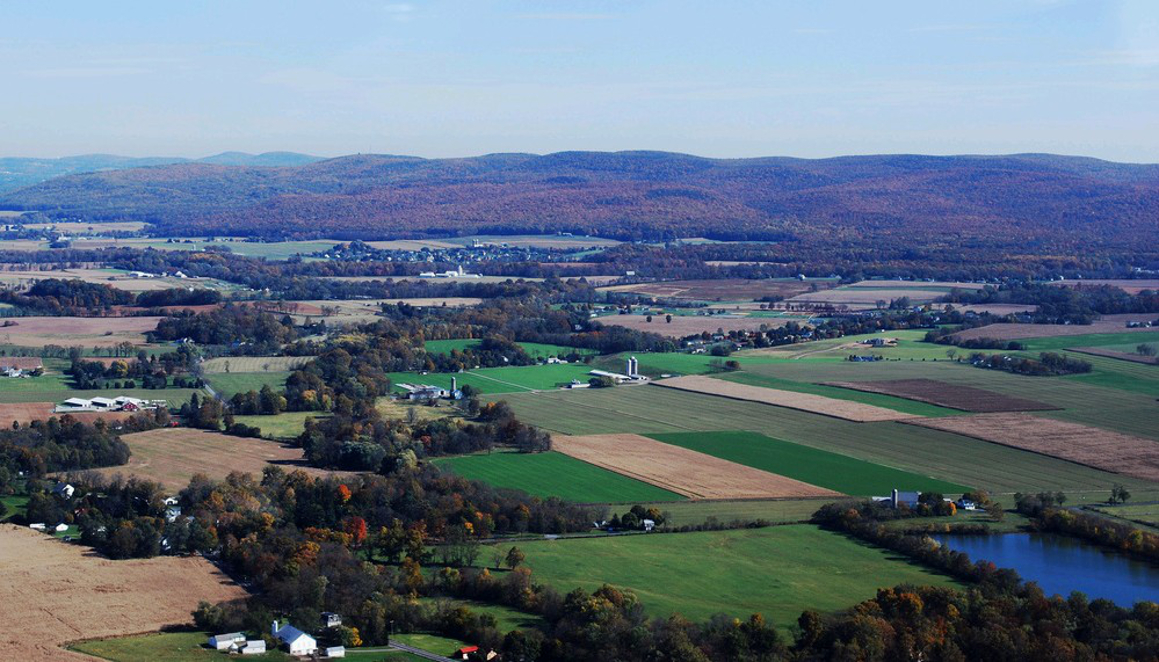
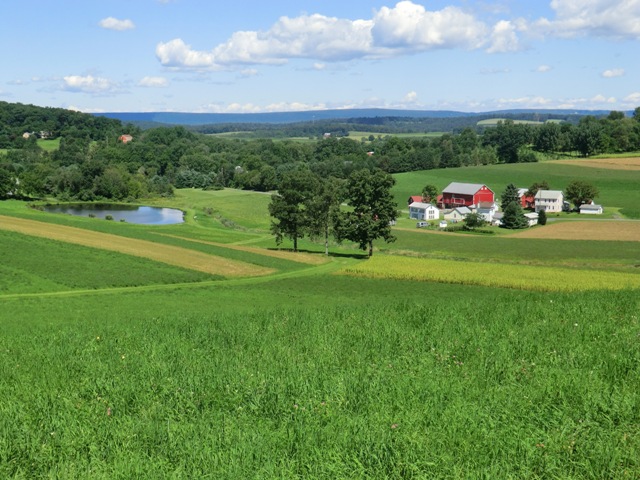
Leave a Reply